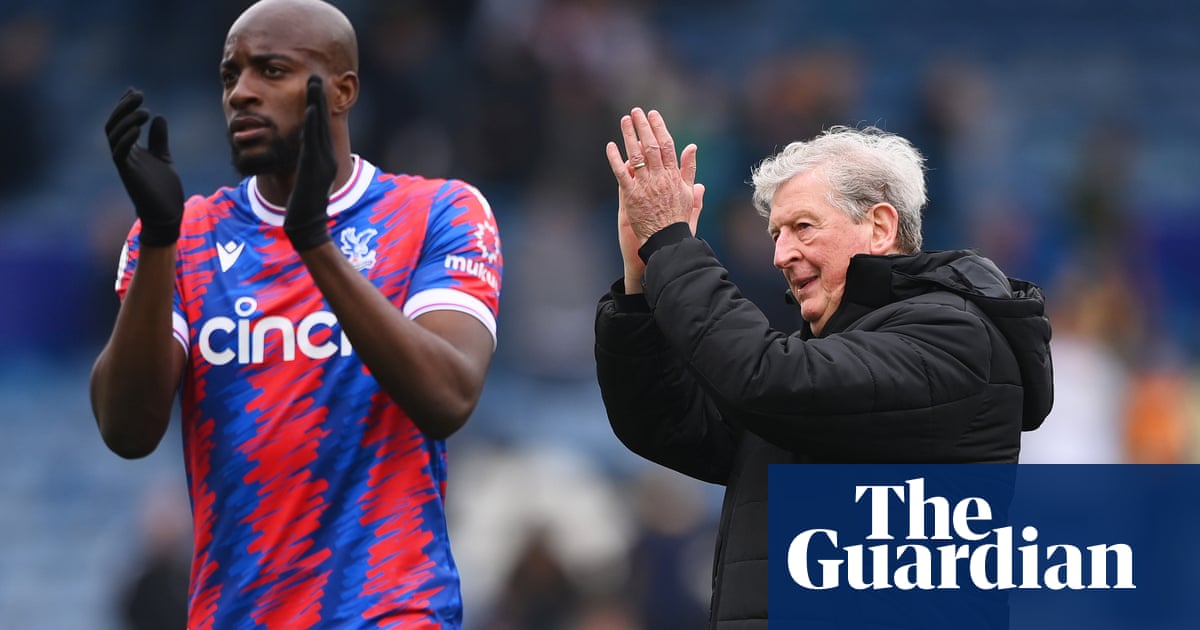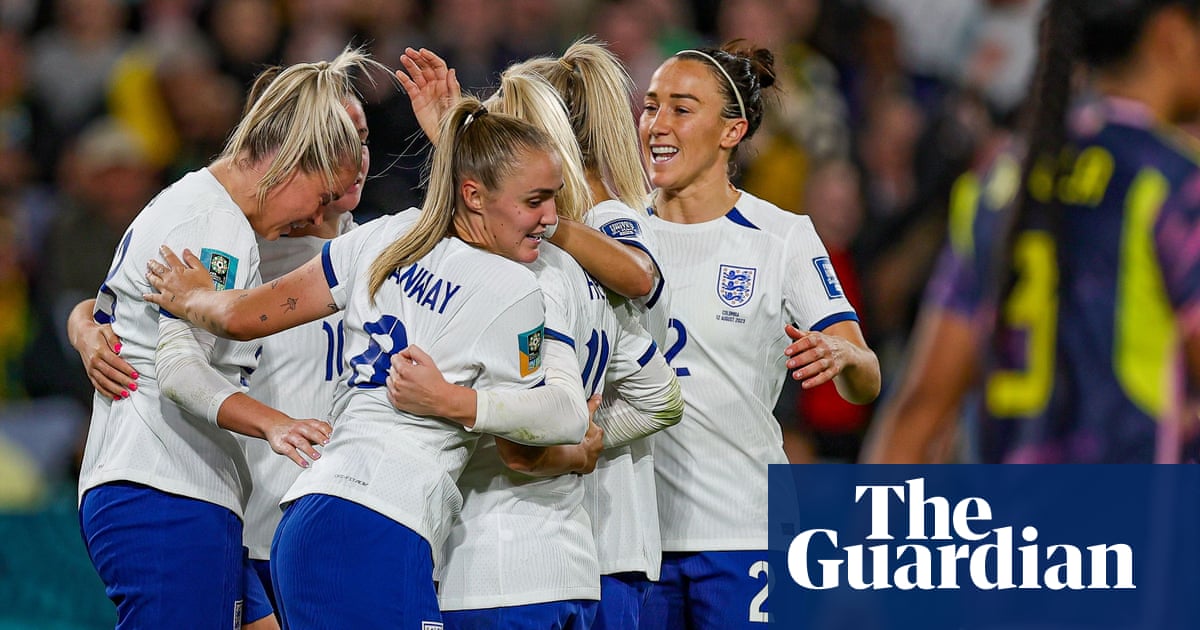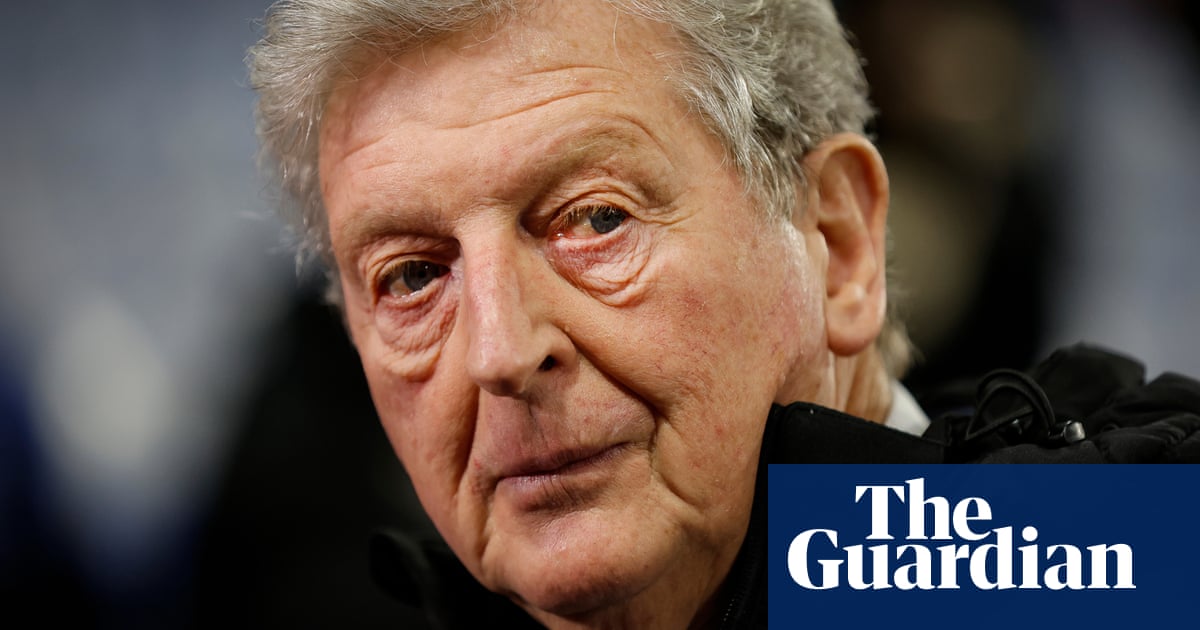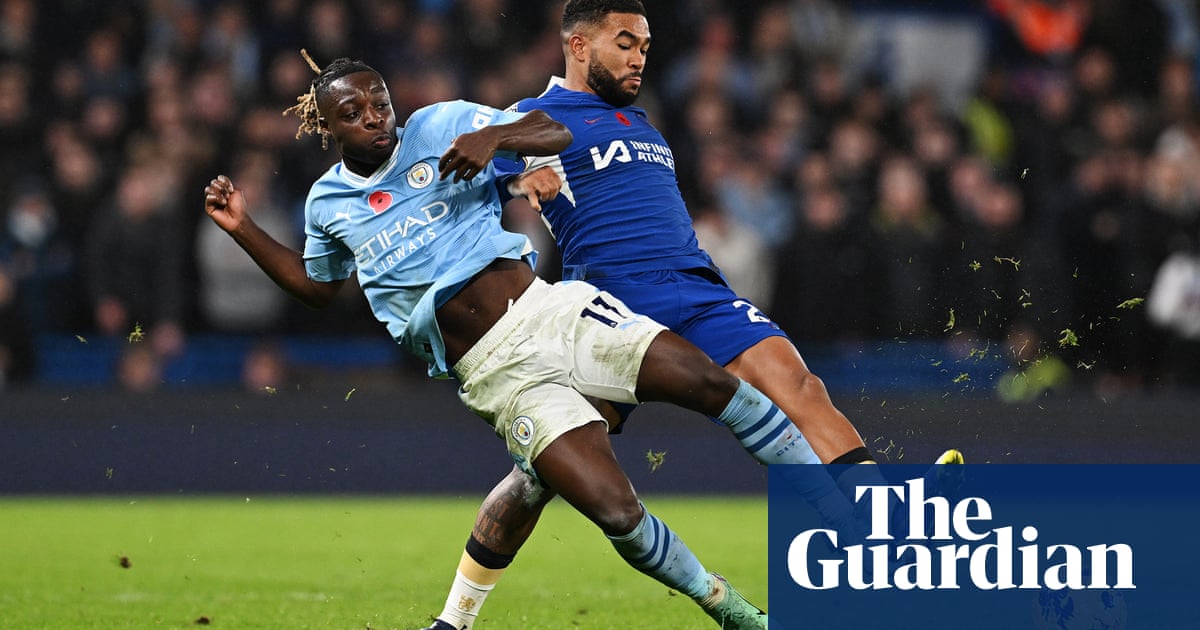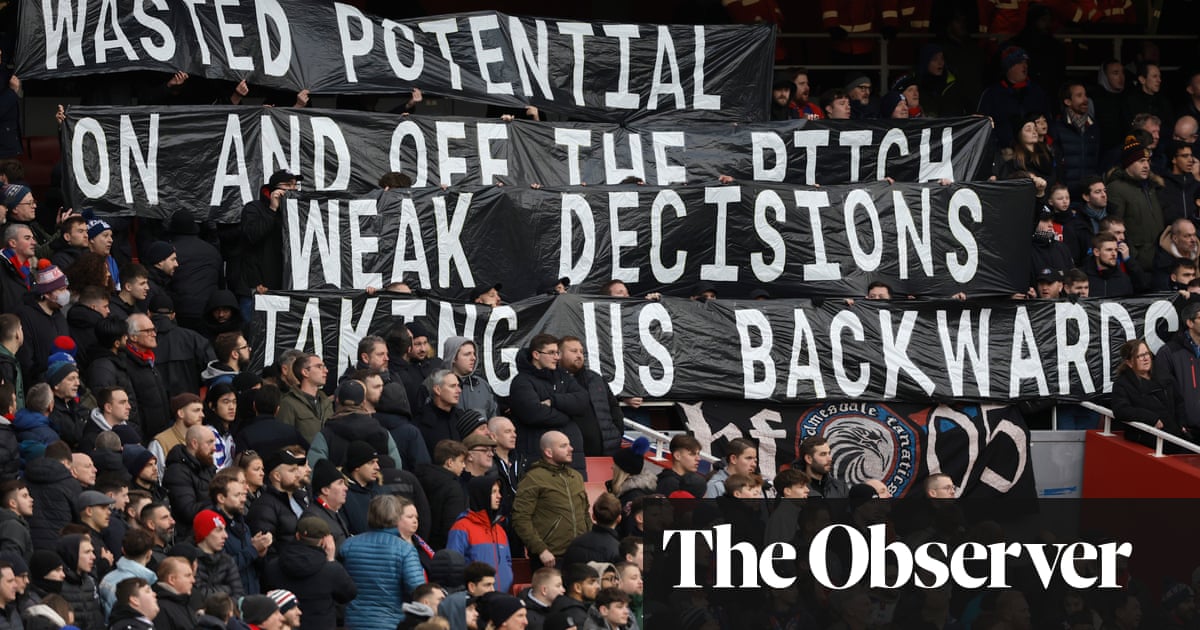
The full-time whistle blows at the Emirates: the trigger for roughly 400 coaches, stewards, broadcasters, support staff and various other items of football’s background scenery to swarm the pitch. Roy Hodgson folds his glasses into a coat pocket and stands on the touchline, gazing bleakly out into the maelstrom, looking – as he often does these days – like a man reminiscing about a sandwich he once had in 1962. A cameraman spots the opportunity for the perfectly framed shot; he wheels around Hodgson and captures him from behind, staring out at a distant banner in the Crystal Palace end:
WASTED POTENTIAL
ON AND OFF THE PITCH
WEAK DECISIONS
TAKING US BACKWARDS
The natural tendency here, at least for the professional storyteller, is to superimpose some kind of human narrative on this confected tableau, to peer inside Hodgson’s brain and empty its contents on to the page. Was he contemplating the end? Wondering whether this great weathered career had finally run its course? Perhaps even absorbing one last ray of footballing daylight, making one last memory, before disappearing down the tunnel and into the sweet embrace of oblivion.
Alas, no. “I was waiting for the players to come off the pitch,” he said when asked what was going through his mind at the time. Which for Hodgson is of course an immaculately, flawlessly on-brand response. He has frequently admitted that there is a streak of arrogance to him, and the idea of being decrypted or read – the idea that you, a person who is not Roy Hodgson, could ever truly comprehend the mind of Roy Hodgson – seems positively to offend him. In any case, if he really had been reflecting on something poignant and meaningful, he would scarcely have deigned to share it with the likes of us.
In the current Premier League coaching landscape, with its cast of therapists and televangelists, this kind of thing stands out a lot more than it used to. Hodgson has no interest in feeding you sugar‑coated bromides or taking you on a magnificent journey. He’s not trying to tell you a story or sell you a vision. He doesn’t even really buy into one of football’s most sacrosanct lies: that fans are the cherished lifeblood of the game whose whims and motivations must never be questioned, let alone challenged. “They wouldn’t understand why I took Eze off the field,” he said of the fiesta of boos that greeted his decision to take Eberechi Eze off in Wednesday’s FA Cup defeat at Everton.
All of which is probably going to get Hodgson sacked sooner rather than later. The wins have dried up – just one in all competitions since the start of October. The football is in gentle decline. A lot of the thrust and energy has gone out of the machine, and a Hodgson team without thrust and energy is basically indistinguishable from a square dance.
Most crucially the fans have had enough, and at this juncture it is no kind of defence at all to argue that Palace are still well on track to stay up, particularly when you factor in the weakness of the three promoted teams and the possibility of points deductions to Everton and Nottingham Forest. Nor is it worth pointing out that this is their 11th consecutive season of Premier League football, a period during which they have never finished in the bottom five or gained fewer than 40 points, and that in historical terms means we are basically living through a Palace golden age.
None of this really matters. Football, at the popular level, is not really an empirical exercise but a torrent of feelings, and the sense of staleness and stasis that has set in at Selhurst Park is not the kind of thing you can really argue your way out of. Particularly when you have a genial but frequently grouchy manager who, in his more unguarded moments, describes the fans as “spoiled”, grumbles that he “won’t miss anything” when he’s gone, and when asked what his message is to the players after a humbling 5-0 defeat, responds with the simple, uplifting words: “They’ve got to stick with the work they have been doing.”
And frankly, if Palace’s board pull the lever on Hodgson now, then nobody can have too many complaints. Here the defending at set pieces was abysmal, the attacking strategy threadbare, the space available in behind the Palace defence – well before the two late counterattacks from which Gabriel Martinelli scored – the sort of thing that makes opposition analysts pause the tape and hunt feverishly for a notebook.
But consider, too, that this is a squad that has had precious little investment or refreshment over the past few years, forcing Hodgson to spend the last few months negotiating a cataclysmic injury crisis. The experience and invention of Wilfried Zaha has been inadequately replaced. And what is often described as a “long-term build” looks a lot like a disparate ownership that, with one eye on a potential sale, has begun to abandon ambition for stasis.
Afterwards, Hodgson is asked whether he still has the support of the board, and of course he knows what the question is really about. “In the scenario you’re envisaging,” he said, rolling the “r” with relish, “that has to be a question for them, hasn’t it?” And there’s a little smile there: as if the only thing worse than being sacked is having to explain himself.




